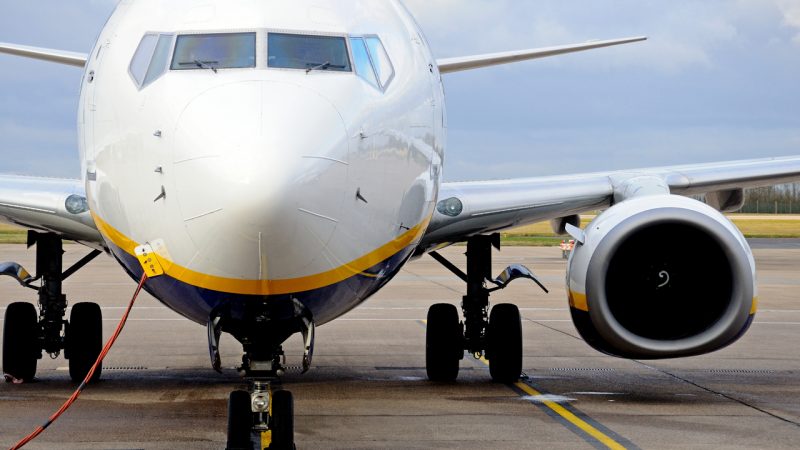- Micro-X has won a £100,000 follow up contract with the United Kingdom’s Department for Transport
- Micro-X will add three-dimensional imaging capability to the Heathrow Airport screening system
- The x-ray imaging technology will help to detect explosives hidden in electronics
- Work on this contract will commence in October and will be completed within 12 months
Micro-X has won a £100,000 follow up contract with the United Kingdom’s Department for Transport (DfT) for its Future Aviation Security Solutions (FASS) program.
The FASS program was set up by the DfT and is run by The Defence and Security Accelerator to source technologies and solutions to improve airport security.
Micro-X was first selected in April 2018 by the UK Ministry of Defence to detect explosives hidden in electronic devices using x-ray imaging.
The aim of this project was to develop a lightweight, battery operated, mobile x-ray unit which could be used as a secondary screening of cabin baggage before boarding the plane.
Micro-X presented the imaging results at a FASS meeting in London in September 2018. Security management at Heathrow Airport showed strong interest in the company’s solution for a ‘self-service’ airport checkpoint.
Under the new contract, Micro-X will add its three-dimensional imaging capability to the airport screening system developed last year.
This improvement will be compared to the previous trial, especially the detection rates of explosive threats hidden within electronic devices.
“It is expected that this will make a huge advance in detection capability and speed, putting this unique imaging modality into a class of its own compared with any conventional X-ray CT imaging systems,” the company stated.
Micro-X is a hi-tech technology company that designs, develops and manufactures ultra-lightweight, mobile x-ray imaging systems for the medical and security industries.
Managing Director Peter Rowland is pleased with the contract.
“The British Government is committed in this unique program to finding the best ways to provide aviation security. We see this as another validation for the utility of Micro-X’s technology and how Micro-X is performing on a global stage,” he said.
Work on this contract will commence in October and is expected to be completed within 12 months.

